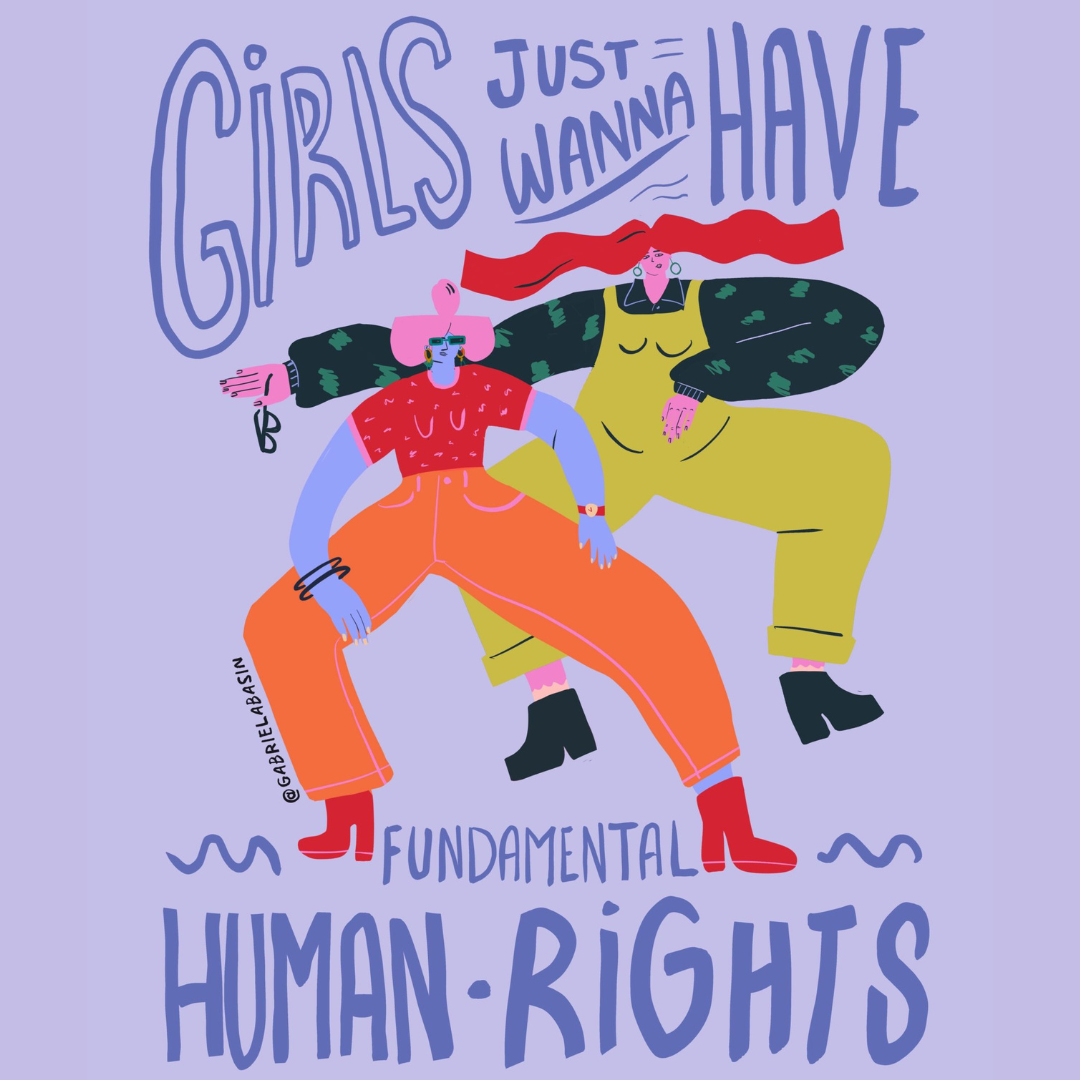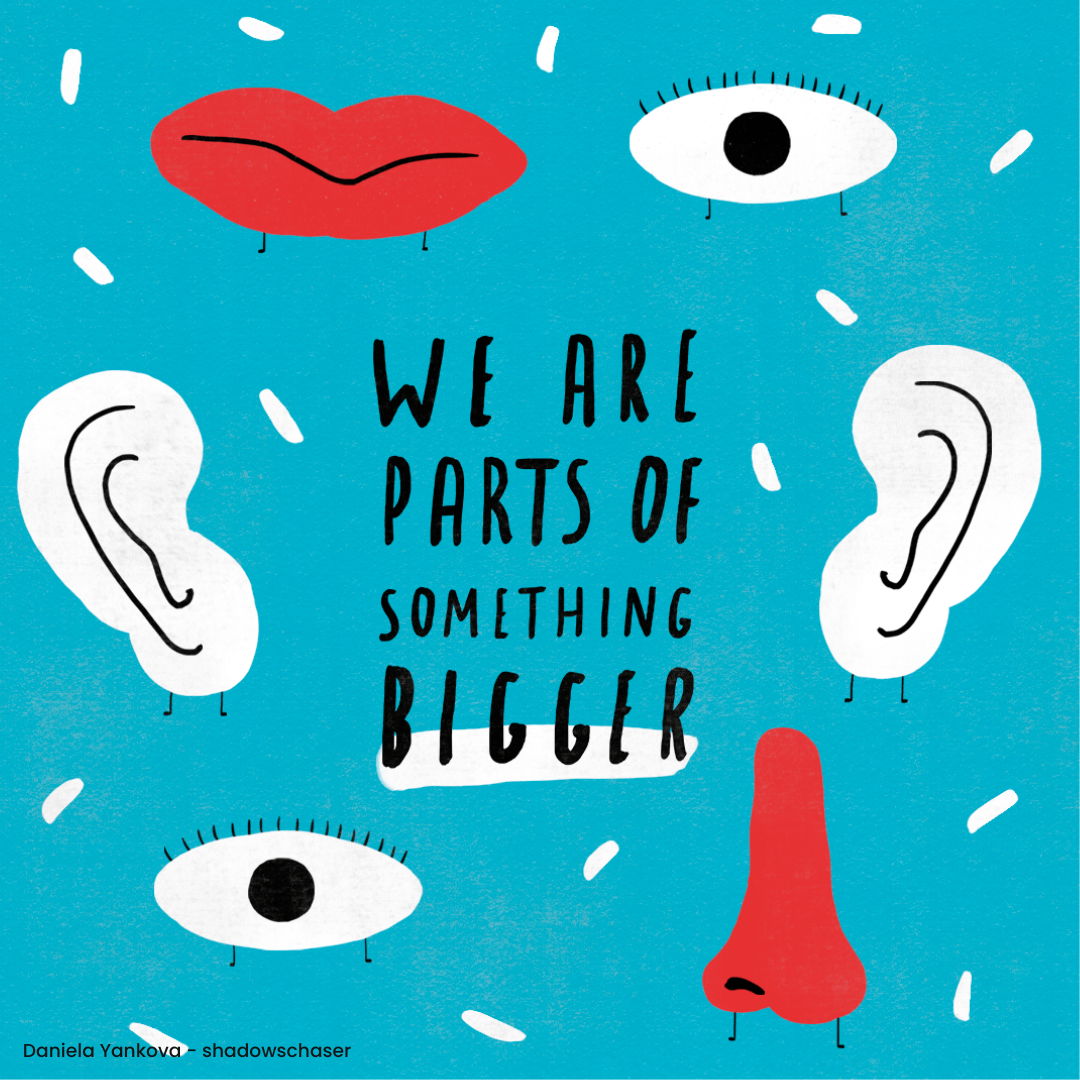By Filomena Ruggiero, Federación de Planificación Familiar Estatal – FPFE (C2030E partner)
Last week all eyes were on the review of the progress towards the achievement of Sustainable Development Goals (SDGs).
The voice of civil society must be heard
International civil society organisations, gathered in New York last week, firmly demanded a reform of the system of accountability of the countries in the High Level Political Forum (HLPF). They asked for a political space in which governments carry out more rigorous evaluations that compel them to comply with the 2030 Agenda. They are calling for more exhaustive information to be presented during the HLPF, a more inclusive approach towards civil society and for parliamentary oversight of the reports to be presented at the HLPF.
It is essential to move away from SDG washing meant to improve a country’s image. The evaluations must highlight not only the efforts made by countries to hold true to the SDGs, but also, and mainly, their challenges to leave no one behind and move towards sustainability.
The 2030 Agenda must be a human rights agenda, and therefore, the review exercise of the HLPF must be connected and enriched with the accountability mechanisms of the existing United Nations human rights system that reviews the behavior of states and makes recommendations.
As a way of recognising the positions of civil society and to include them further into the evaluation process, CSOs are also calling for a formal recognition of a parallel or ‘shadow’ report on country level implementation.
Progress for women is progress for all
Regarding sexual and reproductive health and rights, including family planning, several side events and parallel meetings tackled the importance of building and ensuring safe cities (SDG11) for everybody, including women. Making cities inclusive, safe and resilient also means stopping sexual violence and closing the inequality gap.
Access to clean water and sanitation facilities (SDG6) was also a key topic. In 80% of water-deprived homes, women and girls carry the burden of water collection and processing. This deprives them of time that could be spent in schools or taking up paid employment.
Advocates also called for an integrated and rights-based approach to menstrual hygiene management.
Menstrual hygiene management is a human rights issue and needs a multi-lens approach that includes water, sanitation, and sexual and reproductive health and rights. These needs can be especially critical in emergencies, where the specific hygiene needs of women and girls are often disregarded.
Flagship programmes taking into account women’s needs
‘The Safer Cities for Girls’ programme has been developed by Plan International in partnership with UN-Habitat and Women in Cities International.
The program goal is to build safe, accountable, and inclusive cities with and for adolescent girls (aged 13-18). The expected outcomes of the programme include increased safety and access to public spaces, increased active and meaningful participation in urban development and governance and increased autonomous mobility in the city for girls.
With the aim to tackle unequal power relations and challenge harmful social norms that perpetuate the insecurity and exclusion of girls in cities, the program provides girls with a platform to discuss the issues they face and the opportunity to provide input into the development of their cities. It is essential that girls have a voice in decision-making spaces so their specific needs around sanitation, education, public spaces, transport and access to city services are addressed.
Making sure we are not failing marginalised groups
FPFE – on behalf of Countdown 2030 Europe – participated to HLPF 2018 jointly with ‘Futuro en Común’ – Common future, a Spanish NGO network gathering more than 50 organisations working on tracking the implementation of Agenda 2030.
Common Future published the week before the HLPF its Spotlight report “A Transformative Agenda for people and the planet”. It defines four blocks of political proposals to advance on the path to sustainability with a focus on the fight against inequality and poverty, the protection of ecosystems and the worsening of budget cuts for international cooperation.

The targeted measures seek to reinforce public policies with a focus on the most vulnerable and excluded groups and those that are left behind – such as children and women – and for governments to establish sustainability criteria for all their actions, making a reality the Agenda’s mandate to advance in policy coherence. Futuro en Común works with governments and institutions, families and communities in 8 cities. Delhi, India; Hanoi, Vietnam; Cairo, Egypt; Kampala, Uganda; Nairobi, Kenya; Lima, Peru; San Francisco, Paraguay, and Honiara, Solomon Islands.




